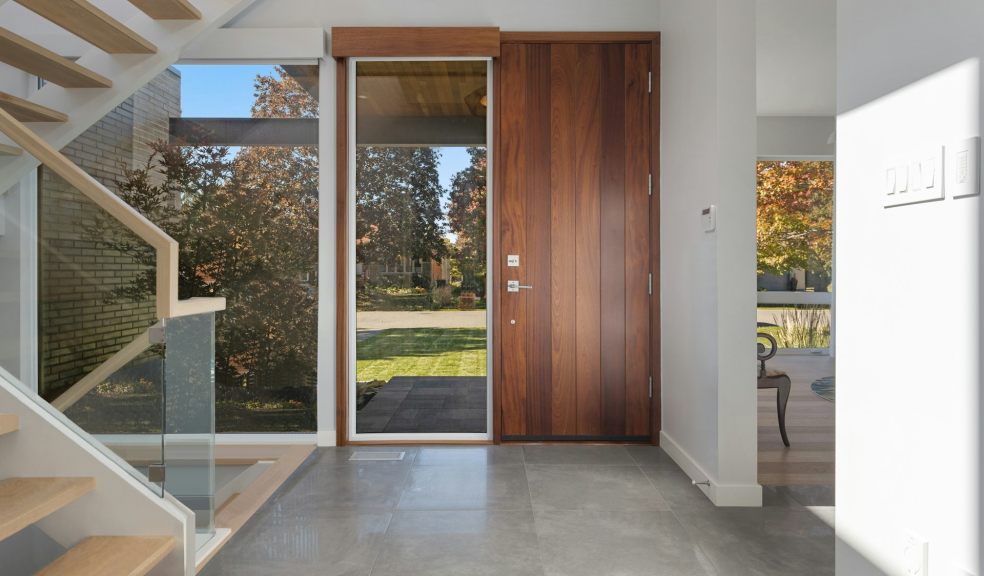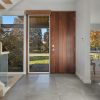
Why the best homes are the ones that evolve with you
When you imagine your dream home, what do you envision? Maybe it's a large kitchen, a reading corner where you can retreat, or a garden that flowers all year. In an era where personal and professional lives are constantly in flux, a house that adjusts to your evolving requirements is not merely a luxury but a necessity. Most fulfilling homes are those that accommodate the seasons of life.
This piece discovers strong arguments on why houses that grow with their occupants are not just more useful, but richer, and more habitable.
1. Life Stages Change, So Should Your Home
From solo living to raising a family, and then to an empty nest, your needs shift with each age. A home that adapts to these changes is one that honours these changes. Whether it's the transition of a nursery into a study or an extra bedroom for guest children, changing homes meets the flow of your life.
2. Flexible Spaces Add Value
Having rooms with flexible functionality is a sign of a future-ready home. When your home adapts to your lifestyle and ambitions, you get more out of the same square footage, saving money and effort in the long run.
3. Personal Growth Deserves Personal Space
As you grow emotionally and mentally, your home ought to reflect that progress. You may learn painting, yoga, or an at-home business. A developing home enables you to allocate space for interests that feed your soul.
4. Evolving Homes Tell a Story
That corner where your child first walked, the kitchen you restored together, or the deck you constructed in an endless summer, each becomes a page in the book of your life. Each mark, each alteration in a home as it grows, is a memory.
5. A Partnership With Professionals
Most homeowners in the UK are accustomed to professionals carrying out home makeovers slowly but gradually. Quality architects like Domenech Design LTD are particularly known to successfully combine forever-stylish appeal with effective changes so that homes can keep their appeal throughout their lifetime while continuing to meet functional requirements
6. Sustainability Through Adaptation
The world is now focused on being eco-friendly, but minimising waste is crucial. Recycling and restructuring your existing space rather than destroying or leaving it behind promotes sustainability. Conscious homeowners are now opting to transform their homes rather than build from scratch.
7. Emotional Stability in Familiar Spaces
A house that grows with you brings consistency. Although life will inevitably have its twists and turns, career upheavals, family changes, and personal tragedies, a known house that you've cultivated throughout the years gives you a steady emotional centre.
8. Customisation Over Time
Instead of attempting a flawless home overnight, gradualism enables you to find out what really works for you. Since your tastes and technologies evolve over time, your home can be tailored as to mirror your current preferences, not blueprints from the past.
9. Staying Ahead of Technology
Residences that adapt are able to keep up with changing technology. From home lighting systems to robotic security, implementing new technology is simpler when your residence is conceived to be dynamic and receptive to change.
10. Designing Multigenerational Functionality
As children and parents grow and change, flexible homes can provide room for several generations to live together. From aging parents coming in or adult children coming home temporarily, flexible designs provide space and privacy for everyone.
11. Neighbourhood Attachment
Relocating to a new home sometimes involves saying goodbye to a much-loved neighbourhood. Refurbishing your current home keeps you grounded in a neighbourhood where you already have friends, favourite cafes, and schools of choice, without losing out on your shifting needs.
12. Economic Sense in Long-Term Living
Instead of purchasing a new home for each transition in your life, transforming your existing home can be more cost-effective. Gradual, intentional changes over time can spare you the expense of moving and allow you to accrue equity in a place you know.
13. Reflects the Real You
As you mature, you become yourself. A house that changes with you mirrors that process. From the furniture you select to the configuration you adjust, it is an intensely personal place that no contractor could have foreseen and no brochure could fully represent.
Conclusion
Perfect houses do not exist at the start; their maker builds them over time, with attention and adaptability. They are living things that grow alongside you. They soak up your memories, and serve as a living reminder of your strength and uniqueness. In a world of constant change, having a home that changes with you isn't only intelligent, it's necessary. After all, the beauty of a house doesn't lie in how pristine it is on day one; it lies in how well it ages with you.




















